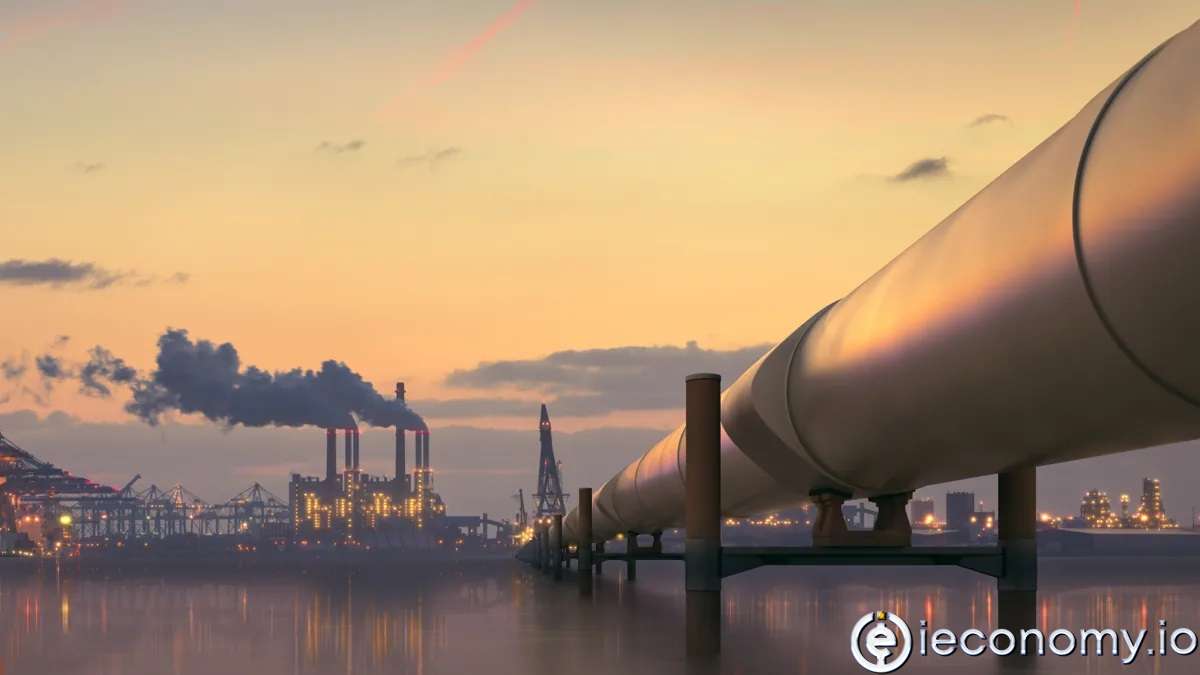5800
0
Hackers attacked the US pipeline network
Hackers attacked the US pipeline network. Colonial Pipeline transports about 2.5 million barrels of petroleum products daily.

Yazar: Tom Roberts
Yayınlanma: 8 Mayıs 2021 21:52
Güncellenme: 2 Mart 2026 19:25
Hackers attacked the US pipeline network
Hackers attacked the US pipeline network, disrupting gasoline and diesel transportation. "On May 7, Colonial Pipeline discovered that it had been the victim of a cyber attack. Therefore, we have proactively disconnected some systems to minimize the threat. This temporarily stopped the operation of all product pipelines, " Colonial Pipeline company said in a statement on Friday. Colonial Pipeline transports about 2.5 million barrels of gasoline, diesel, aviation fuel and other petroleum products daily. It uses a network of pipes with a total length of about 8850 kilometers. The company states that it accounts for about 45 percent of the supply of fuel to the east coast of the United States. The company contacted cyber security specialists to investigate the extent of the damage. It also turned to the police and other federal authorities. The company did not state in its brief statement how long the pipeline network will be out of operation. Reuters reported that the Colonial Pipeline shut down the main pipeline to transport gasoline and some other petroleum products. Prices of petrol and diesel for immediate delivery from refineries on the Gulf Coast fell slightly during Friday's trading. However, on the NYMEX commodity exchange in New York, the prices of both contracts rose more than the price of oil. The price of a futures contract for gasoline increased by 0.6 percent to $ 2.1269 per gallon, in the case of diesel the price increased by 1.1 percent and closed at $ 2.0106 per gallon. The gallon is about 3.8 liters. The longer-term effects on prices will depend on how long the Colonial Pipeline remains out of service. If oil products do not enter the transmission pipeline, prices on the Gulf Coast could fall even further. On the contrary, prices in the port of New York are likely to rise, warned one of the analysts, to whom Reuters refers. Colonial Pipeline shut down a significant portion of pipelines to transport gasoline and some other petroleum products when Hurricane Harvey hit the Gulf Coast in 2017. The price of gasoline for immediate delivery from this area then rose to a five-year high, while diesel was the most expensive in about four years.İLGİLİ HABERLER





European stocks soared and focus shifted to German retail sales after Powell's speech!

Forex Signal For TRY/USD: Inflation Slowdown in November.

Forex Signal For GBP/USD: Bullish Trend Still Not Breaking While Recovery Continues.

Forex Signal For EUR/USD: Starry US Data Points to Higher Fed Increases.

Forex Signal For BTC/USD: Downside Continues as Bitcoin Recovery Moves Less.
En Popüler Haberler
Yorum Yap
Yorumlar
Henüz yorum yapan yok! İlk yorumu siz yapın...